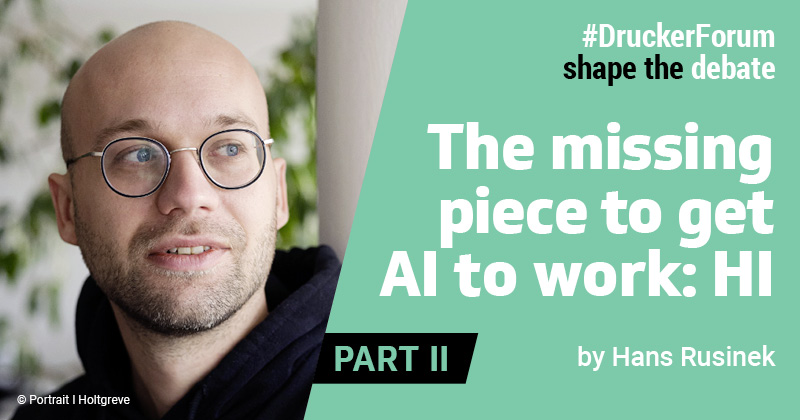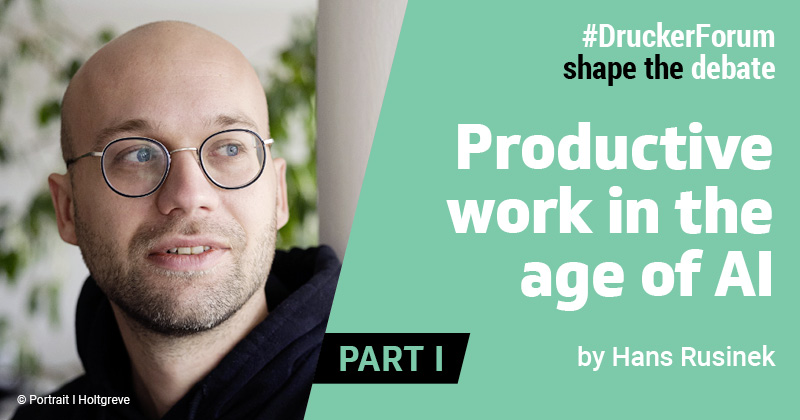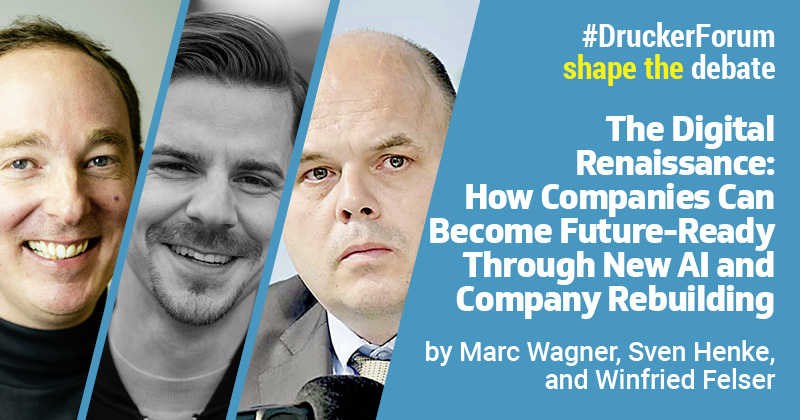Management practices should not be judged against rigid standards but guided through thoughtful reflection. Having recently explored this concept in my November 2024 article “The Next Management: Leading with the Long View,” [link], I want to share how this framework is evolving as a reflective tool rather than a prescriptive model—and how the Drucker Forum community is collectively advancing this work.[…]
Continue reading





